
Deep Change
Discovering the Leader Within
Recommendation
This book is for readers who are ready to look inside themselves in order to change their organizations. It isn’t a book for novices. You need a fair amount of business experience to have the perspective to understand author Robert E. Quinn’s message. Likewise, you need to have enough invested in your current organization to care if it changes. Quinn offers some theoretical analysis, but leavens it with ample practical examples and exercises. If you have a job, rather than a career, or if you are committed to staying in a narrow, technical field or just waiting for your retirement, skip this book. However, if you’re willing to engage in extended self-examination, getAbstract.com suggests this to you. However, be warned that that many of Quinn’s drills are emotionally challenging, such as identifying how you resist change or pegging which elements of your organization are more committed to the status quo than to success. But, then, whoever said change was easy?
Summary
About the Author
Robert E. Quinn has worked with executives managing organizational change for more than 20 years. The author of several books, Quinn is a professor of business administration at the University of Michigan and a member of the World Business Academy.





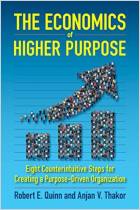

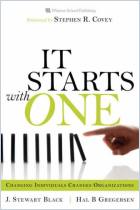
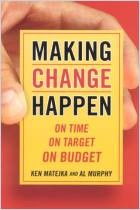

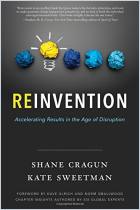
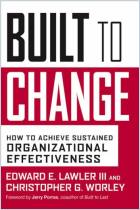
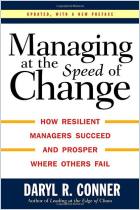



Comment on this summary